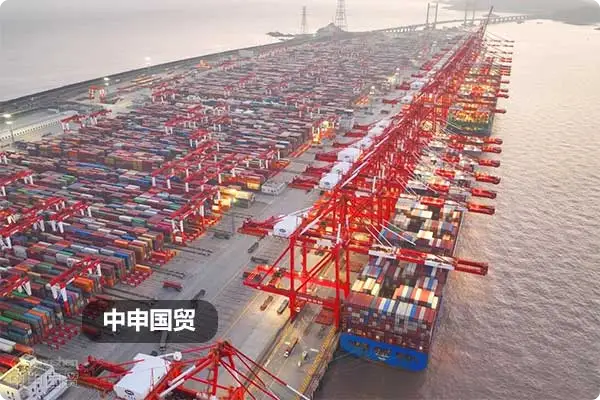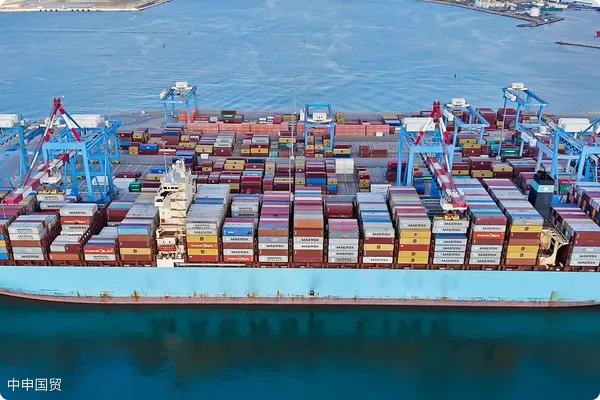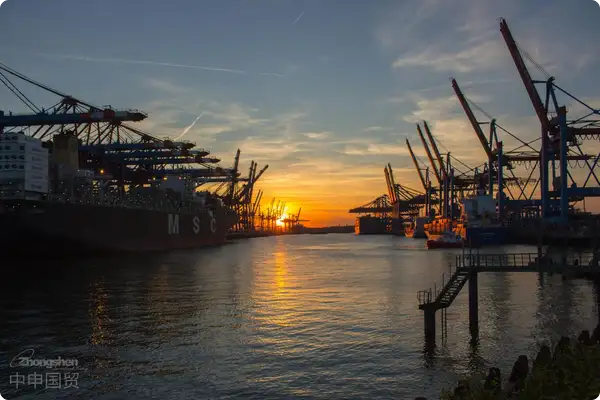- Shanghai Zhongshen International Trade Co., Ltd. - Two decades of trade agency expertise.
- Service Hotline: 139 1787 2118

With the continuous development of global trade, the food export industry is increasingly prosperous. As a common trade method, the standardization and efficiency of food export agency processes directly affect companies international competitiveness. This article will detail the food export agency process to help businesses and individuals understand and master it, ensuring smooth food export operations.
I. Basic Concepts of Food Export Agency
1.1 Definition of Food Export Agency
Food export agency refers to the process where enterprises or individuals entrust professional agency companies to handle food export procedures, completing the entire process from production location to destination.
1.2 Advantages of Food Export Agency
- Simplified process: Professional agencies are familiar with export procedures, saving companies time and effort.
- Reduced risks: Agencies have rich experience in effectively avoiding trade risks.
- Improved efficiency: Professional teams provide efficient services to ensure smooth export operations.
II. Detailed Food Export Agency Process
2.1 Signing the Agency Agreement
The enterprise signs a formal agency agreement with the agency company, clarifying the rights and obligations of both parties.
2.2 Export Declaration and License Processing
The agency company assists the enterprise in completing export declarations and license procedures based on export requirements.
2.3 Goods Preparation and Inspection
The enterprise prepares the goods, while the agency company assists with inspection and packaging.
2.4 Transportation Arrangement
The agency company selects appropriate transportation methods based on product characteristics and arranges shipment.
2.5 Customs Declaration and Clearance
The agency company assists the enterprise with customs declarations to ensure smooth clearance.
2.6 Settlement and Claims
The agency company assists with settlement and handles potential claims issues.
III. Considerations for Food Export Agency
3.1 Compliance Checks
Ensure food products comply with the laws and regulations of the export destination to avoid cargo detention or return due to violations.
3.2 Insurance and Protection
Purchase appropriate insurance to address potential unexpected situations.
3.3 Integrity in Business
Adhere to international trade rules and establish a positive corporate image.
Conclusion
Although the process of acting as an agent for food exports is complex, mastering key steps and precautions can effectively reduce risks and improve export efficiency for enterprises. This article aims to provide reference for businesses and individuals engaged in food exports, assisting them in smoothly conducting international operations. With the continuous development of global trade, it is believed that the food export agency industry will embrace broader development opportunities.
Related Recommendations
? 2025. All Rights Reserved. Shanghai ICP No. 2023007705-2  PSB Record: Shanghai No.31011502009912
PSB Record: Shanghai No.31011502009912










